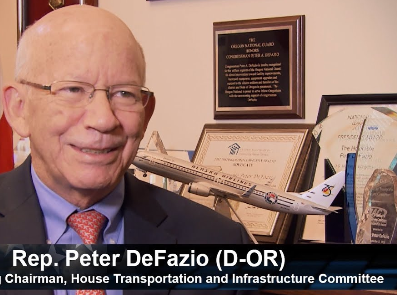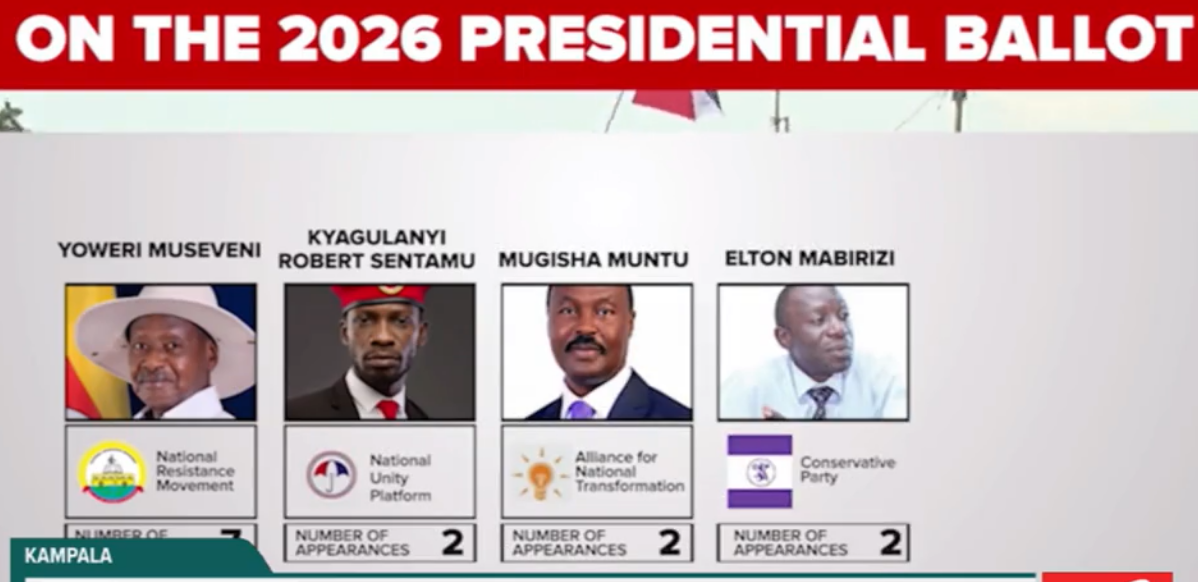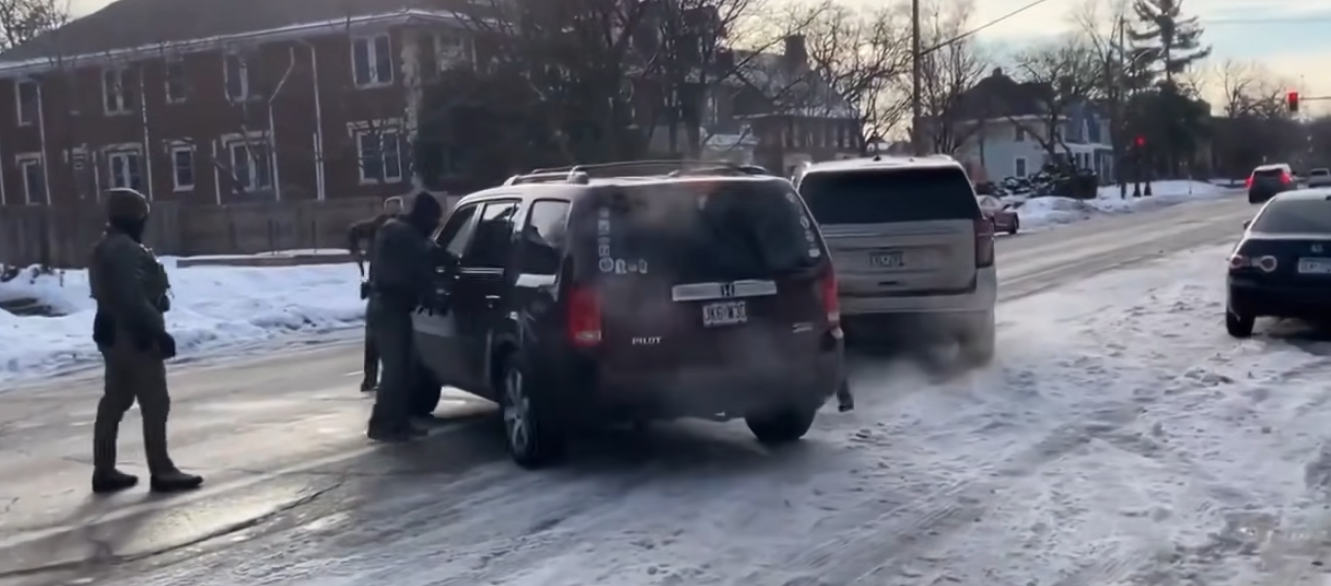[COVID-19\CARES Act]
Chair of the House Committee on Transportation and Infrastructure Peter DeFazio (D-OR), who has been at the forefront of securing protections for the American workforce, took to the House Floor to offer his support for the legislation.
Photo: YouTube
House Committee on Transportation and Infrastructure Peter DeFazio Chair Peter DeFazio supports COVID-19 bill that was passed today.
Today, the U.S. House of Representatives passed the “Coronavirus Aid, Relief, and Economic Security (CARES) Act,” sending it to the president’s desk to be signed into law.
This legislation is the third in a series of relief packages related to the COVID-19 pandemic, and includes critical protections offered by the House Committee on Transportation and Infrastructure for workers in the Nation’s transportation sectors. This package also includes increases in funding for agencies to prevent, prepare for, and respond to the coronavirus and sends a clear message that workers and families must come first in Federal efforts to contain the spread of the virus and prevent further layoffs.
Chair of the House Committee on Transportation and Infrastructure Peter DeFazio (D-OR), who has been at the forefront of securing protections for the American workforce, took to the House Floor to offer his support for the legislation, and to emphasize the need to invest in our Nation’s infrastructure as part of the next relief package.
Chair DeFazio’s commented on the passage of the bill saying:
“There’s no doubt this global pandemic has brought our nation to its knees.
“Public health experts agree this virus will worsen in the coming days. People we know and love will get sick. And more people will die, despite the heroic efforts of health care workers who are sacrificing their own health to give strangers a fighting chance.
“We also know the financial fall-out from this crisis is unprecedented.
“3.3 million people lost their jobs this past week, a new record no one wants to see. Through no fault of their own, American workers have been sidelined by a vicious virus that has brought our economy to a stunning but necessary halt as we work to “flatten the curve” to protect health and safety.
“Our next steps in this fight—to both contain the virus and prevent further layoffs—are critical.
“And while members of Congress can’t be the experts in the lab developing a vaccine, or flying the cargo planes with medical supplies, there is something we can do today: get desperately-needed funding and medical supplies to hospitals and frontline healthcare workers, and provide critical relief to the millions of laid-off workers and small business owners who are hurting right now.
“Now, there’s no question the bill the Senate sent us isn’t perfect. Remember, the Republican starting point was a massive corporate slush fund with no transparency, accountability, or worker protections.
“But we could not allow a repeat of the failed bailout in 2008. I’m proud to be part of the Democratic negotiating team that protected jobs because we know that putting working people first is how we as a country can get back on our feet.
“We didn’t get everything we wanted this time around, but this bill will put checks in the mail to 80 percent of Americans who make under six figures, and it will boost critical benefits for anyone who lost their job amid this crisis.
“We fought hard so this bill will ensure millions of bus drivers, train operators, railroad workers, flight crews, airline ground workers, airport workers, and more not only remain on the job but keep as many of their hard-won health and retirement benefits as possible during this crisis. The relief in this package flows to workers first, not last—and it makes clear to any industry getting relief: no stock buybacks, no executive giveaways, no layoffs. Workers first – period.
“And when we finally turn a corner on this awful virus—we will have a better shot at having a functioning economy to return to. This bill is triage: keep workers on the job and avoid economic collapse.
“Next step: intensive care — a true stimulus that creates jobs and rebuilds our decaying infrastructure. In the coming days and weeks, I will double down on an infrastructure package that repairs the breach left by years of neglect—that rebuilds failing bridges, restores crumbling highways, and puts people to work on projects with jobs that cannot be exported.
“But let’s be clear: we have a long way to go to address what truly ails our economy. COVID-19 is the virus we are battling right now, but our economy has been sick for a very long time.
“Corporate greed, Wall Street demands that put profits over people, nearly 2 trillion dollars in tax cuts that went straight to the top—all of that is symptomatic of a system that for far too long has kept working people down even as the stock market soared.
“We need a system that always puts workers and families first—not just during a national emergency and not just when it’s politically convenient. I’ll always be ready to roll up my sleeves for that fight.”
Among the transportation-related provisions in the CARES Act:
Aviation:
- Grants for air carriers to pay employees: $29 billion to pay employees for the next six months (including $4 billion for employees of cargo air carriers)
- Grants for airline contractors to pay employees: $3 billion to pay employees for the next six months.
- Loans to air carriers: $29 billion.
- Loans to businesses critical to maintaining national security: $17 billion.
- Government stake: Permits the government to partake in capital gains through equity interests in rescued air carriers and contractors.
- Corporate officer pay cap: For recipients of loans, caps CEO’s and other corporate officers’ pay at 2019 levels for one year following retirement of debt, except for those who earned more than $3 million in 2019, in which case their pay is capped at $3 million plus 50 percent of the amount greater than $3 million in 2019. For recipients of grants, imposes the same limitations on compensation through March 24, 2022.
- Executive golden parachutes: Caps golden parachutes at twice 2019 compensation according to the time limitations set forth above with respect to caps on yearly pay.
- Share buybacks: Prohibits share buybacks by a receipt of assistance for one year following retirement of loans or, for an air carrier that received grants, until September 30, 2021.
- Stock dividends: Prohibits issuance of dividends for one year following retirement of loans or, for an air carrier that received grants, until September 30, 2021.
- Quid pro quo on financial assistance: Prohibits the administration from conditioning financial assistance on airlines’ reduction of labor costs. For grants, the condition expires September 30, 2020; for loans, the condition expires 1 year after loan is no longer outstanding.
- Time-limited prohibition on furloughs: Requires airlines and contractors receiving grants from involuntarily furloughing or reducing pay rates and benefits through September 30, 2020.
- Protections for organizing activity: Requires loan recipient to remain neutral in any union organizing effort during the term of the loan.
- Provides $10 billion in grants to keep airports financially solvent.
- Labor protections: Ensures that Davis-Bacon labor protections apply to construction projects with relief funds.
- Workforce retention: Requires airports to retain 90 percent of their employees.
- Aid for general aviation airports: Provides $100 million exclusively for general aviation airports.
Transit:
- Provides $25 billion to public transit operators to protect public health and safety while ensuring transportation access to jobs, medical treatment, food, and other essential services remain available during the COVID-19 response. This increased Federal investment will help to sustain over 430,000 transit jobs and preserve access to our public service and critical workforce that are the backbone of our COVID-19 prevention, response, and recovery efforts.
Amtrak:
- Provides more than $1 billion to sustain Amtrak’s passenger rail network, including state-supported routes, and provides protections for Amtrak workers.
- Amtrak employees who become furloughed as a result of the coronavirus must be provided the opportunity to return to their jobs once Amtrak service is restored.
Federal Railroad Administration (FRA):
- Allocates $250,000 to FRA’s Safety & Operations Program to prevent, prepare for, or respond to the coronavirus.
Railroad Unemployment Insurance Program:
- For railroad workers who receive unemployment and sickness benefits from the Railroad Retirement Board, the bill waives the 7-day waiting period for receiving unemployment and sickness benefits; provides an additional unemployment benefit of $1,200/registration period (every two weeks); and extends unemployment benefits by 13 weeks.
FEMA Disaster Relief Fund (DRF):
- Provides $45 billion total for the DRF – $25 billion of this amount is explicitly for the Major Disasters portion of the DRF.
- The remaining $20 billion is for the Base portion (which funds Emergency declaration-related activities and surge operations ahead of events with advance notice), but $15 billion of the allotted Base portion could be shifted to the Major Disasters portion, if needed.
- $3 million is statutorily transferred to the DHS OIG to fund DRF oversight activities.
FEMA Premium Pay Waiver and Overtime Authority:
- Provides a waiver on the premium pay cap for FEMA employees for fiscal year 2020.
Additional $400M in Federal Assistance Grants administered by FEMA:
- $100 million for the Assistance to Firefighter Grants (AFG) program.
- $100 million for Emergency Management Performance Grants (EMPG) program.
- $200 million for Emergency Food and Shelter Program (EFSP).
Economic Development Administration (EDA):
- Provides $1.5 billion to EDA under its Economic Adjustment Assistance authorities. The funding is available until Sept. 30, 2022.
- Streamlines hiring to expedite release of funds and provides a pathway for temporary employees to become full time EDA staff.
General Services Administration (GSA):
- $275 million for additional deep cleaning costs in GSA-owned and leased buildings domestically or internationally.
- $18.6 million for the Federal Citizen Services Fund to prevent, prepare for, and respond to coronavirus, domestically or internationally.
- $1.5 million to the Working Capital Fund to prevent, prepare for, and respond to coronavirus, domestically or internationally.
Harbor Maintenance Trust Fund:
- Creates a discretionary cap adjustment up to the level of funds deposited into the Harbor Maintenance Trust Fund (HMTF) in the previous year (collections plus interest) for maintenance activities for the Corps.
U.S. Army Corps of Engineers:
- $50 million for operation and maintenance related to COVID-19 preparation and prevention.
- $20 million from expenses account for teleworking/computer capacity.
U.S. Environmental Protection Agency:
- $2.25 million for the science and technology account for research on COVID-19 disinfectant procedures and cleanup equipment.
- $3.91 million for COVID-19 cleanup and disinfection and pesticide registration (related to COVID-19).
- $300,000 for buildings and facility account for building disinfection.
- $770,000 for superfund account for cleaning and disinfection equipment.
Agency for Toxic Substances and Disease Registry (ATSDR):
- $12.5 million to monitor, prevent, prepare for, and respond to COVID-19 (and other emergency outbreaks), including cruise ships.
Coast Guard:
- Increases the Coast Guard’s Operations and Support (O&S) account by $140 million, for the main purposes of calling up reservists and addressing IT gaps.
Maritime Administration (MARAD):
- Provides the same $3.1 million increase for MARAD to prevent, prepare for, and respond to coronavirus, but only at the U.S. Merchant Marine Academy; $1 million is provided for State Maritime Academies for the same purposes.
Oversight:
- Includes a Conflicts of Interest provision, and as written, would prohibit businesses directly or indirectly controlled by the President, Vice President, head of an Executive Department, Member of Congress and their spouse, child, son-in-law, or daughter-in-law from being eligible for Department of Treasury loans.
- Any companies applying for loans must certify that the entity is eligible. A “controlling interest” is defined as 20 percent equity interest and “equity” is defined as including “an interest in a limited liability company or of a limited partner in a limited partnership.”







